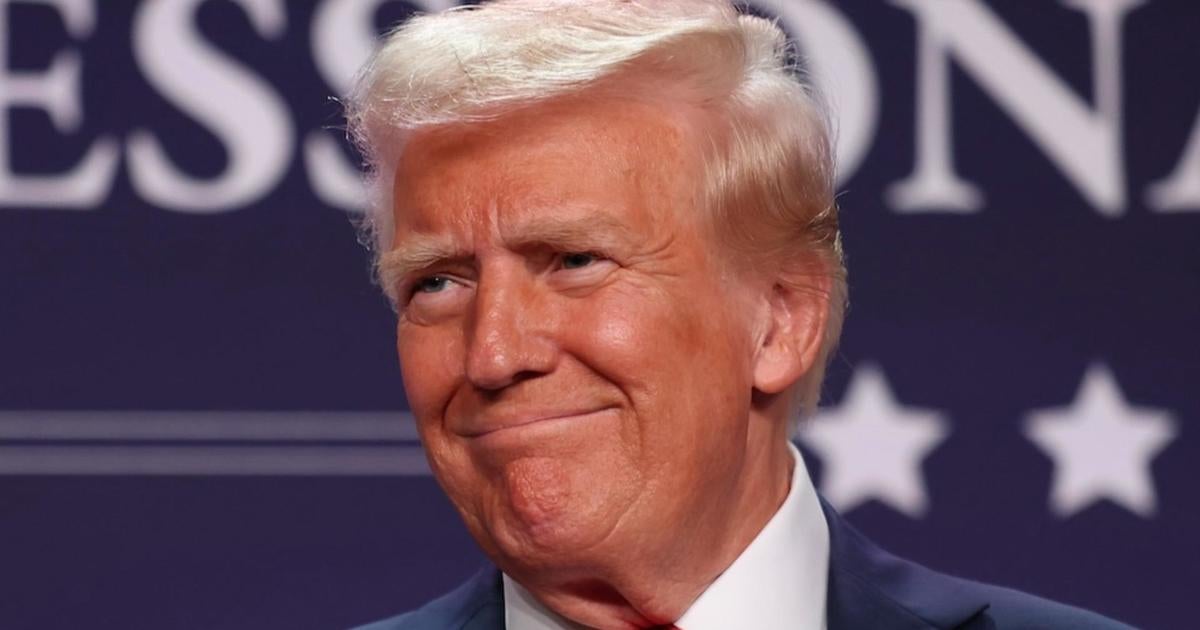The High Stakes of Tariff Tactics: Will Trump’s Strategy Backfire on North America?
As the United States navigates the complex waters of international trade, the implications of Trump’s tariffs on Canada and Mexico are becoming increasingly evident. The high stakes of tariff tactics could not only reshape economic relations within North America but also have far-reaching consequences for global trade dynamics. With experts weighing in on the potential fallout, it is crucial to examine the intricacies of these policies and their broader implications.
The Foundation of Tariff Strategies
Tariffs, essentially taxes imposed on imported goods, are often employed as tools to protect domestic industries and reduce trade deficits. During his presidency, Donald Trump adopted a confrontational approach to trade, particularly with neighboring countries like Canada and Mexico. His administration argued that tariffs would level the playing field for American workers and industries, particularly in sectors such as steel, aluminum, and automobiles.
However, this strategy raised concerns among economists and trade experts, who warned that such tactics could backfire. By imposing higher tariffs, the U.S. risks igniting retaliatory measures from its trading partners, which could lead to a tit-for-tat trade war. This scenario not only threatens the economic stability of North America but also raises the specter of increased prices for consumers and disruptions in supply chains.
Impact on Economic Relations
The economic relationship between the U.S., Canada, and Mexico has been historically robust, bolstered by agreements like the North American Free Trade Agreement (NAFTA). However, Trump’s tariffs have strained these relations, prompting Canada and Mexico to seek alternative markets and trade partnerships. The potential for a rift in economic collaboration raises critical questions about the future of North American trade.
- Disruption of Supply Chains: Tariffs can lead to increased production costs for U.S. companies reliant on imported materials. As prices rise, businesses may choose to source products from other countries, undermining local industries.
- Retaliatory Tariffs: Both Canada and Mexico have responded to U.S. tariffs with their own, targeting American goods. This retaliation not only affects specific industries but can also erode consumer trust and loyalty.
- Increased Prices for Consumers: Ultimately, consumers may bear the brunt of these tariffs, facing higher prices for everyday goods. This could lead to reduced purchasing power and dampened economic growth.
Experts Weigh In: Will It Backfire?
Economists from various backgrounds are divided on the long-term effects of Trump’s tariff strategy. Some argue that the approach is necessary to protect American jobs and industries. Others caution that the potential negative consequences outweigh the perceived benefits.
For instance, a report from the National Bureau of Economic Research (NBER) highlighted that while tariffs may provide short-term relief for certain industries, they often come at a significant cost to the broader economy. The report indicated that retaliatory tariffs could lead to job losses in export-oriented sectors and increased costs for consumers.
Moreover, trade experts point to historical precedents where tariff policies have led to economic downturns. For example, the Smoot-Hawley Tariff of 1930 is often cited as a contributing factor to the Great Depression, as it prompted widespread retaliatory tariffs and a decline in global trade.
The Geopolitical Landscape
In addition to the economic implications, Trump’s tariff tactics also have geopolitical ramifications. The U.S. has long positioned itself as a leader in global trade, but aggressive tariff policies may undermine its influence and credibility on the world stage.
Countries like China, which have also faced U.S. tariffs, may seize the opportunity to strengthen their trade relationships with Canada and Mexico. This could lead to a realignment of global trade partnerships, diminishing U.S. influence in favor of a more multipolar trading system.
Looking Ahead: Potential Outcomes
As the dust settles on Trump’s tariff tactics, several potential outcomes are emerging:
- Revised Trade Agreements: In response to ongoing tensions, Canada and Mexico may push for more favorable trade agreements that prioritize their economic interests. This could lead to a reevaluation of NAFTA or the establishment of new bilateral agreements.
- Increased Domestic Investment: On a positive note, some advocates argue that tariffs could encourage domestic production and innovation. By protecting American industries, there may be opportunities for job creation and economic revitalization.
- Long-Term Economic Instability: Conversely, if the trade tensions escalate, the potential for long-term economic instability remains. Businesses may hesitate to invest in an uncertain environment, leading to stagnation in growth.
Conclusion: A Critical Juncture for North America
In conclusion, the high stakes of tariff tactics implemented during Trump’s presidency pose significant questions about the future of North American economic relations. While the intention behind these tariffs was to protect American jobs and industries, the potential for retaliatory measures and economic disruption cannot be overlooked. As experts continue to analyze the fallout, it is clear that the repercussions of these trade policies will shape the landscape of North American trade for years to come.
Ultimately, navigating these turbulent waters will require careful consideration and strategic planning from all parties involved. As Canada, Mexico, and the United States move forward, a collaborative approach may be essential to foster a stable and prosperous economic future for the entire region.
See more CCTV News Daily



